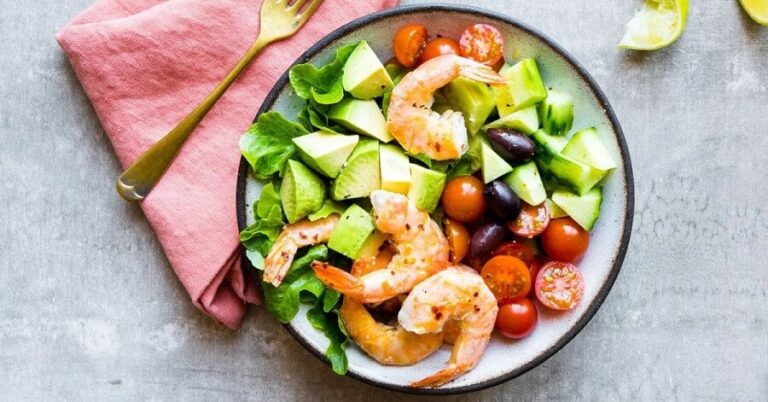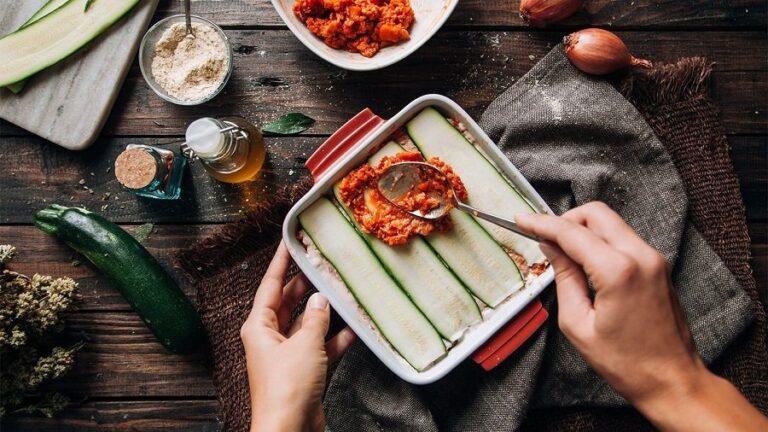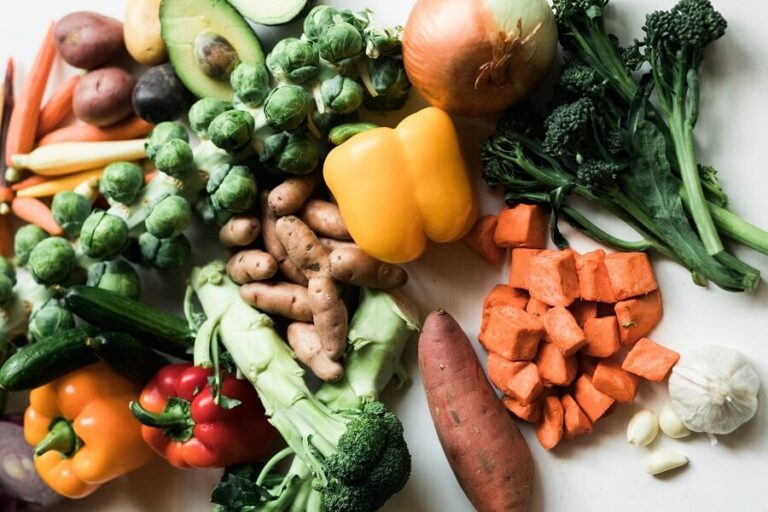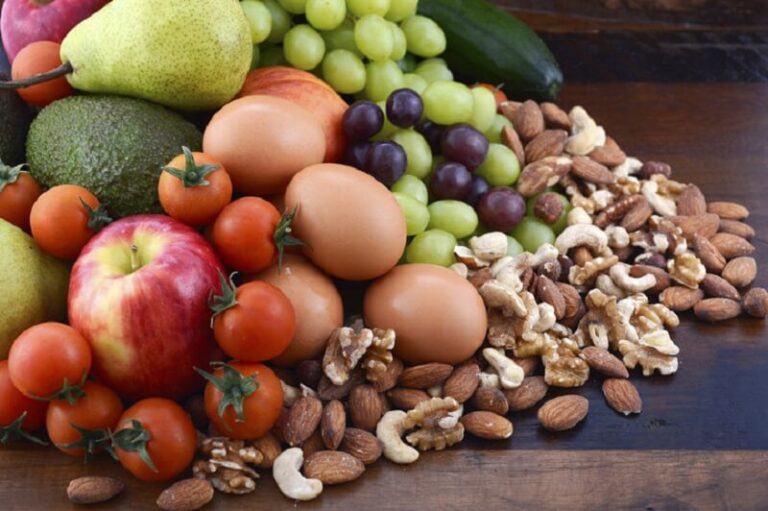The ideal fruits for people with diabetes are low in carbohydrates and high in vegetable fiber.
On a type 2 diabetic diet, all fruits are allowed. However, those with the least amount of glucose or fructose are recommended so that a person with diabetes does not have a rise and fall in blood insulin values.
A person with diabetes does not have to eliminate one type of fruit from the diet. It is risky behavior in terms of nutrition. What is recommended is to select low in calories and carbohydrates and high in vegetable fiber. These types of fruits are that a person with diabetes can eat in greater quantity.
Recommended Fruits for Type 2 Diabetics
Berries, citrus fruits, watermelon, melon, avocado, and coconut can be included in the fruits that a person with diabetes can eat the most. These are the fruits with the lowest sugar content and highest water content.
List of recommended fruits for type 2 diabetics:
- Tomate cherry – 4 g
- Strawberries – 8 g
- Raspberries – 8 g
- Moras – 8 g
- Blueberries – 9 g
- Melon – 9 g
- Avocado – 9 g
- Coconut – 12 g
- Lemon– 9 g
- Plum – 12 g
- Watermelon – 12 g
- Blueberries – 12 g
- Cherries – 13 g
- Pomelo – 13 g
- Kiwi – 13 g
The amount in g corresponds to total sugars per 100 g.
Fruits that a person with diabetes should limit
The following fruits are cataloged in the category of fruits that a person with diabetes can eat but in moderate quantities. They are high in glucose and fructose content. When the objective is to regulate insulin levels in the blood, it should not be exceeded in its quantity.
List of fruits not recommended for type 2 diabetics:
- Banana – 20 g
- Grapes – 17 g
- Cake – 17 g
- Sweet oranges – 14 g
- Pineapple or pineapple – 14 g
- Mango – 14 g
- Rambután – 14 g
- Dragon fruit – 14 g
- Granada – 14 g
The amount in g corresponds to total sugars per 100 g.
How can be seen from the list the fruits that a diabetic should limit are the exotic ones that have a pronounced sweet taste. The only fruits that are not recommended for people with diabetes in practically no case are those dehydrated with added sugar.
Is it necessary for a person with diabetes to eliminate sweet fruits?
A person with diabetes can eat sweet fruits in moderate amounts. Fruits with high sugar content should be reserved for special situations. In addition, the ideal is to combine them with foods with fiber; in this way, it is possible to reduce their insulin index.
It will always be better for a person with prediabetes or a tendency to type 2 diabetes to eat fruit than food with high sugar content. If the desire for sweet food is powerful, it is advisable to use natural sugar substitutes such as stevia.
What is better for a person with diabetes: fruits, cereals, or vegetables?
To know which is better for a person with diabetes, you have to know how to distinguish between the two types of carbohydrates: simple and complex. The main difference is the speed at which the human body can assimilate them and the response to the insulin they generate. The simple carbohydrates are contained in fruits, sugars, sweets, and honey.
Vegetables, cereals, and pseudo-cereals are high in complex carbohydrates (a combination of starch and vegetable fiber). This type of carbohydrate has long structures, so they are assimilated by the body slowly and do not generate sudden changes in blood sugar levels.
According to organizations such as the WHO, the ideal for a person with diabetes is that 50-55% of total calories come from complex carbohydrates and a maximum of 5-10% from simple carbohydrates; the rest must be covered by protein and fat.
To measure the carbohydrate load and the insulin response generated by each food, the most correct is to use the glycemic index and glycemic load indicators. Low glycemic index foods are assimilated slowly. High glycemic index foods will deliver all their energy in a couple of minutes, causing insulin levels to spike, a risk factor for a person with diabetes.
ABSTRACT
A person with diabetes can eat all kinds of fruits. Ideally, however, berries, citrus, and other low-carb fruits like coconut and avocado should dominate.
A type 2 diabetic should avoid an excess of tropical fruits and fruits high in glucose and fructose.
The primary source of carbohydrates for a person with diabetes should not be fruits; the ideal is to combine foods with complex carbohydrates (cereals, vegetables, and pseudo-cereals) throughout the day.
Dried fruits with added sugar are the worst option for people with diabetes. Eating this type of food runs the risk of hyperglycemia.







